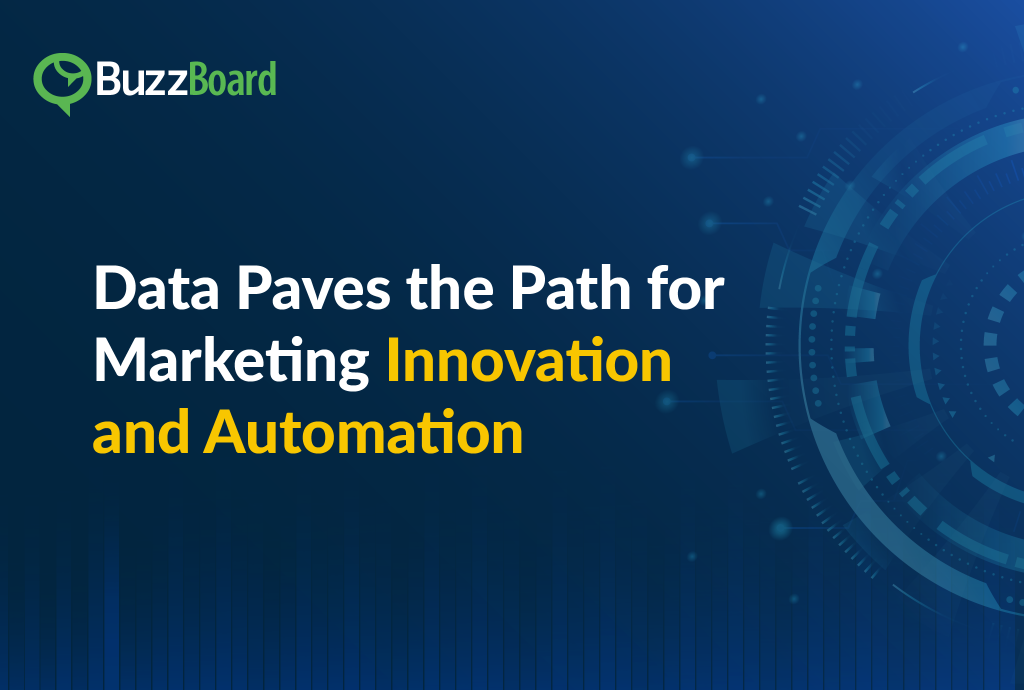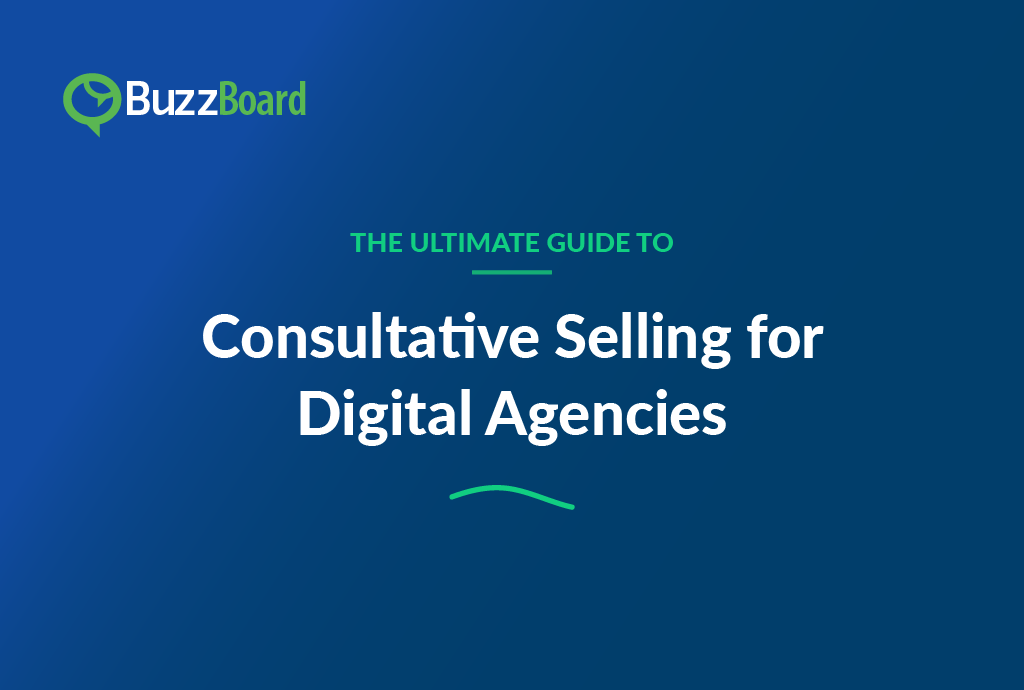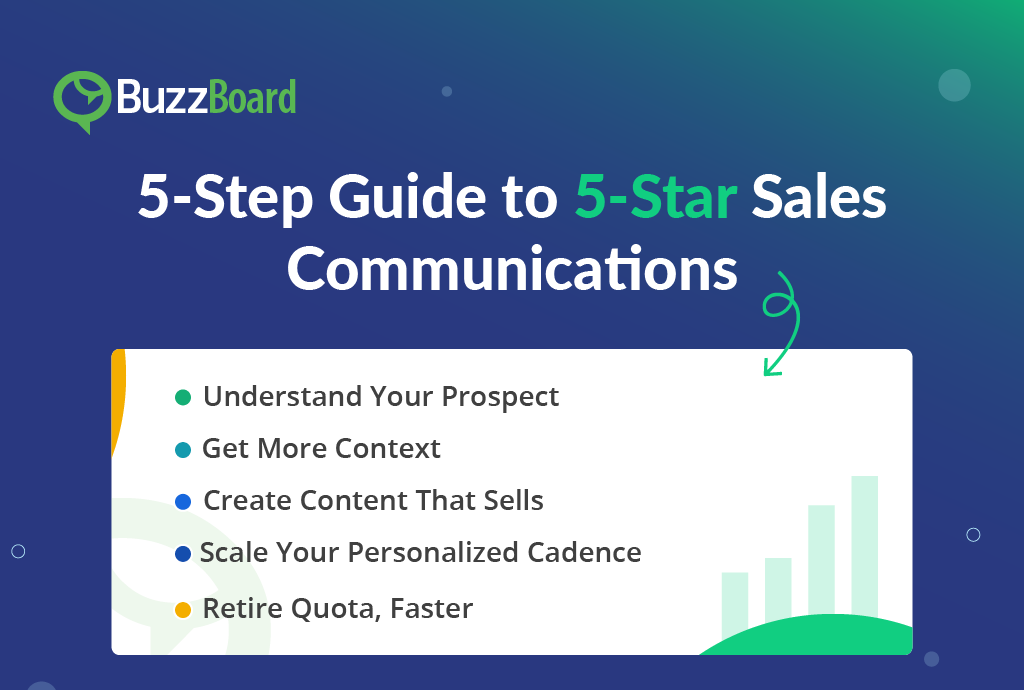As technology is advancing at a swift pace, leaning only on legacy marketing approaches, especially amid this rapidly changing and challenging environment, won’t even come close to meeting your customers’ digital-first expectations. Additionally, given the budgetary constraints, marketing ROI and attribution remain grave issues for a large share of marketers, impeding marketers opportunities to rise above the average and excel.
Thankfully, today’s marketers have access to data, tools, and technologies more than ever, and by utilizing and investing in these modernized resources they can cope better with the macroeconomic instabilities—bringing value in the face of change!
Salesforce documents in its recent State of Marketing report a collection of valuable insights from 6000 marketing leaders across 35 countries to shine a light on the evolving marketing game plans and how innovation and automation are taking the front seats in major business investments.
“It’s a new day for marketers, a time of tremendous transformation that requires us to reimagine how we connect with customers and personalize every interaction; achieve our budget and business goals in an uncertain economic environment; and lead with our values to help shape a better, more equitable and sustainable future.”
—Sarah Franklin, Salesforce President & CMO
Strategies Beyond Traditional Investments: Breaking Geographic Boundaries
Since the pandemic has shaken the business world, remote work as well as hybrid work environments have taken the center stage. In fact, being free from geographic and time zone related restrictions, marketers are “unlocking new customer segments”. The Salesforce report clearly shows that such strategy shifts have helped 38% of global marketers to target new customer segments.
This inevitably leads us to a rising trend of investing in collaboration technologies, like video conferencing, instant messaging and chat apps, enterprise social networks, email, shared documents, phone, virtual whiteboards and so on. Interestingly, 70% of marketers believe investments in remote technologies are here to stay.
But how exactly are collaboration technologies enhancing marketing efforts? With changing buyer behaviors and growing focus on distributed marketing teams, asynchronous interactions through virtual and hybrid events are becoming a mandate to deliver digital-first customer experiences. From real-time engagements to convenient access from anywhere, these events are leveraging business marketing by improving branding, relationships, and ROI.
Salesforce Tip:
 “Integrating one platform that streamlines multiple applications and workflows can break silos and better coordinate marketing efforts.”
“Integrating one platform that streamlines multiple applications and workflows can break silos and better coordinate marketing efforts.”
Data Unification: The Key to Scalable Customer Relationships
“71% of marketers say that meeting customer expectations is more difficult than a year ago.”
As CMOs consider customer preferences and expectations as the top influence on digital strategy, efficient data unification can help marketers break down silos. The Salesforce report affirms, “80% of marketers say customer experience is a key competitive differentiator,” and these marketers are seeking more connected data to meet the requirements.
Out of the marketing organizations Salesforce surveyed, 90% use CRM systems, 89% B2B and B2B2C operate through Account-Based Marketing (ABM) platforms, and 62% have vested in AI.
Such an incisive blend of tools and technologies are allowing them to create unique customer profiles and automated campaigns while achieving increased customer engagement by delivering data-driven, personalized, and prospering experiences.
Salesforce suggests the new way of using data is to fully understand your customers’ demands. In order to optimize the critical moments in your customers’ journey, marketers must use the insights provided by the right tech platforms or customer data platforms. And high-performing marketers are delivering exceptional customer experiences using multichannel strategies—86% of them say they engage customers in real time, a testament to their ability to unlock actionable data.
Supporting this need, with access to over 20 million SMBs in the US alone, BuzzBoard helps B2SMB vendors to stay precise with their target audience, create micro-segments to support enhanced personalization, and supercharge their customer interactions by using hundreds of data signals from each SMB in combination with our algorithms.
BuzzBoard’s proprietary SMB signal stack and category classification system unlocks deep account intelligence on 30+ million SMBs, with over 6,400 signals per SMB. Our AI-driven B2SMB account intelligence engine is tuned specifically to SMB needs, triggers, and behaviors that allows SMB-focused solution providers to serve the segment better
Diversification of Data Sources
“Marketers know that transformative, customer-centric engagement relies on data—and lots of it. Brands continue to anticipate an increase in the number of data sources used each year, projecting an average of 18 data sources in 2023.”
With marketers’ constant progression towards diversified data sources to stay ahead of their demand generation game, chances of data wastage increases in equal proportion. While data has become the foundation of a successful go-to-market planning, having a good understanding of the tradeoffs versus requirements is the key. Increasingly, with the looming changes in data privacy policy and reliability issues, companies are rotating toward zero-party data that are given freely by customers and first-party data, which data companies collect from customers directly.
As per the Salesforce report, 68% of the marketers say they have created a fully defined strategy to shift toward first-party data. This shift is allowing marketers to be more in control of their strategies, campaigns, and cost management while maximizing the revenue potential.
75% of marketers rely at least in part on third-party data, increasingly so for account enrichment data that supports better segmentation and personalization.
This Novel Economy is the inevitable force behind upgrading our work practices and values—“91% of CMOs say they must continually innovate to remain competitive.”
Anna Villegas, CMO, EVP, AffinityPay rightly identifies, “Today’s marketing leaders have a huge challenge ahead of them when it comes to striking a balance between customer data, personalization, and trust.”
Salesforce mentioned in their State of the Connected Customer report, “88% of customers believe that trust becomes more important in times of change.” And so, marketers remain future-focused as they cite “Experimenting with new marketing strategies and tactics” as their #2 priority and “Building/retaining trust with customers” turns out to be their #4 challenge in 2023.
So as data and insights emerge to be the centerpiece of the shifting marketing roles and technologies, marketing professionals are weathering the storm by focusing on the right set of solutions—modernization, innovation, and collaboration.








